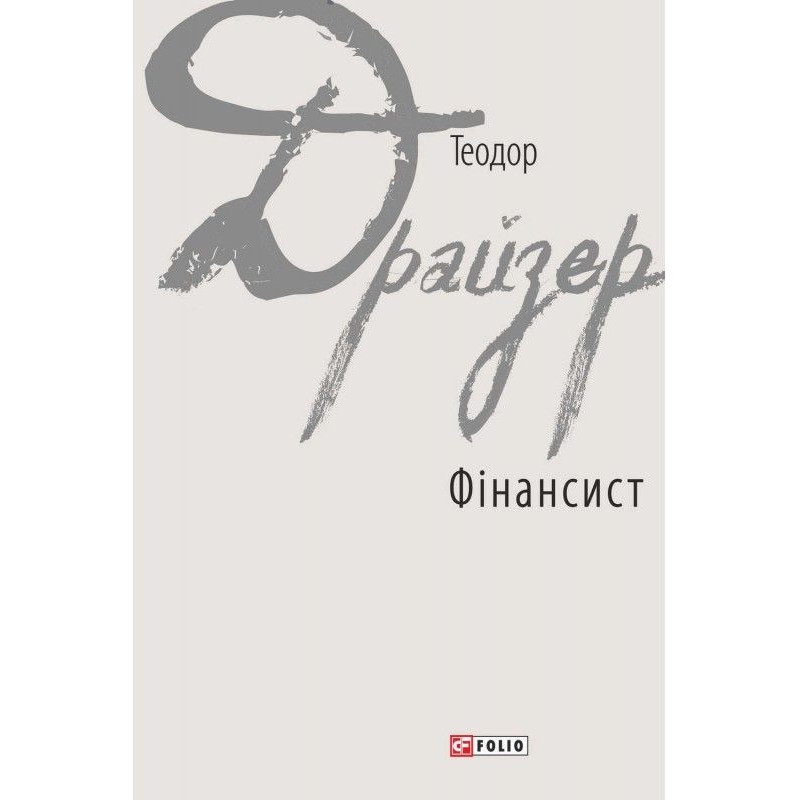Captive in love
 Instant download
Instant download
after payment (24/7)
 Wide range of formats
Wide range of formats
(for all gadgets)
 Full book
Full book
(including for Apple and Android)
Jean Genet understood from childhood what it meant to be an outcast: abandoned by his mother at seven months, he grew up in government institutions for orphans, and was convicted of theft and pimping. Already in prison, having received a life sentence, he began to write. Pornography and open glorification of crime in his works were combined with a high, almost baroque literary style, thanks to which Jean Genet’s talent was recognized by Jean-Paul Sartre, Jean Cocteau and Simone de Beauvoir. Starting in 1970, he spent two years in Jordan, in Palestinian camps refugees. He was drawn to these restless people, and this attraction turned out to be as difficult for him as it was durable. The Captive in Love, written ten years later, when many of the people Genet knew were killed and he himself was dying, is a vivid and powerful description of that historical period and people. Genet's most overtly political book was also his most personal - this is the last step of his unrepentant blasphemous pilgrimage, full of insights, deception and contradictions, his endless search for answers to eternal questions about the role of power and the path to himself full of temptations and mistakes. Genet's latest masterpiece is a lyrical and philosophical journey through the blood-stained alleys of the modern world, where oppression, terror and lust reign.
Data sheet
- Name of the Author
- Жан Жене
- Language
- Russian
- Translator
- Алла Николаевна Смирнова
Reviews
Вражаюча літературна подорож у світ ізгоїв
Книга "Закоханий бранець" — це не просто літературний твір, а справжня філософська подорож, яка занурює читача у глибини людської душі та соціальних проблем. Жан Жене, з його унікальним стилем, майстерно поєднує порнографію з високим мистецтвом, створюючи незабутні образи та емоції. Його особистий досвід ізгоя, відчуження та боротьби за ідентичність відображається у кожному рядку, змушуючи читача замислитися про владу, моральність та людську природу. Книга пронизана глибокими роздумами про життя, смерть і пошук істини, що робить її актуальною навіть у сучасному світі. Це не просто історія — це заклик до розуміння і співчуття до тих, хто опинився на узбіччі суспільства. Рекомендую всім, хто шукає не лише розваги, а й глибокі думки та емоції в літературі!



























